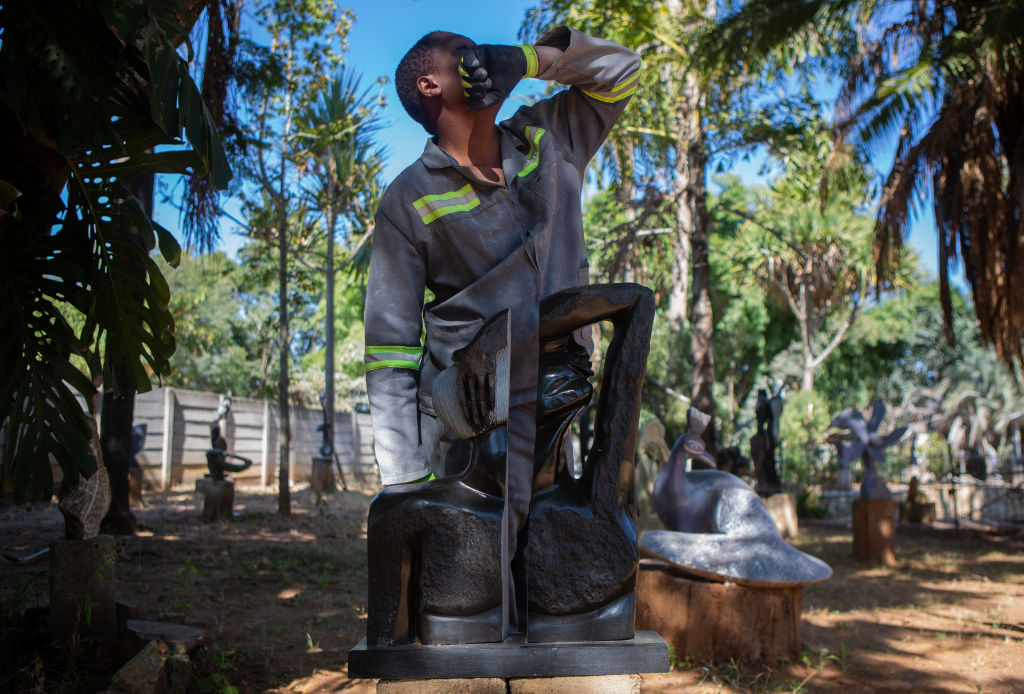‘COVID Cough’ Persists as Subvariants Emerge
ADF STAFF
There is one COVID-19 symptom that has endured from the beginning of the pandemic through the virus’s many variants and sub-lineages.
It’s known as “COVID cough,” and it can be hard to tell what makes it different from a cough related to cold or flu.
One indication of COVID cough is an increase in an existing cough’s strength, according to a report on livemint.com, which says that most such coughs are chronic.
Studies show that most people diagnosed with COVID-19 reported a “croaky, dry cough” as a prominent symptom in the early days of infection, according to a report by Indian channel News 9. Many sufferers report a constant tickle in the back of the throat and a hoarse speaking voice.
The cough may persist even after a person tests negative for COVID-19.
“I have a cough about a month after a negative result,” David Gabrie wrote in a comment on the News 9 website. “It comes from what seems to be a slight irritation and I cough a few times. No mucus, and about every 40 minutes it repeats.”
COVID cough is produced when the virus multiplies and blocks airways in the upper respiratory tract and settles in the lungs, where it can irritate and inflame lung tissue.
If a person’s cough lingers for more than a week or is present with other symptoms such as gastrointestinal issues, breathlessness, headache or chest pain, they should get a COVID-19 test, News 9 reported.
Experts say that it is best for sufferers of COVID cough to stay inside and away from others so that air droplets produced by the cough do not infect anyone else. People with COVID cough are urged to get plenty of rest, wear a mask and wash their hands frequently.
Because coughing is such a common symptom of other illnesses, many people are not getting treated or tested for COVID-19. That might be why there are now more than 300 omicron sub-lineages circulating around the world, as the World Health Organization (WHO) reported in early November. About 95% of the subvariants are related to BA.5.
“We need better surveillance, sequencing and sharing of data so that rapid and robust analyses can be conducted regularly,” Dr. Maria Van Kerkhove, an epidemiologist who works for the WHO’s Health Emergencies Program, wrote on Twitter.
Besides cough, the most common symptoms related to the new array of subvariants are severe fatigue, headache, fever, runny nose, an itchy throat and muscle pain, according to a report on livemint.com.


Comments are closed.